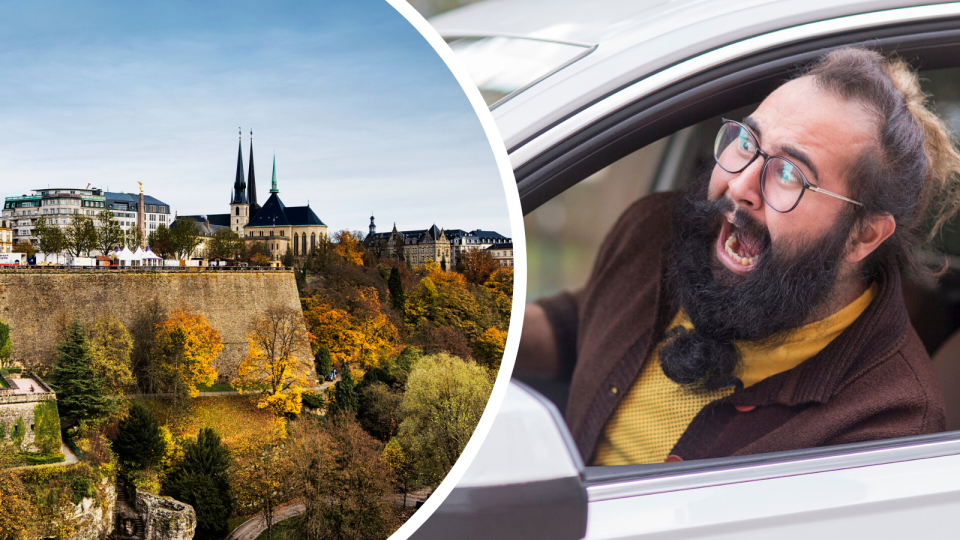This country just made all public transport free

Australians spend almost five hours in traffic on their way to work each week. But perhaps our commuting woes could be long gone if we took a leaf from Luxembourg’s book: the country has just made all public transport free.
As of 1 March, Luxembourg – which has a population of 602,000, roughly one tenth of the population of Sydney – trains, trams and buses all across the country will be free in a bid to alleviate heavy congestion.
And heavy is an understatement. Despite its relatively small population, Luxembourg has 662 cars per 1,000 people, and driving is a “primary means of transportation” for commuters, according to a 2017 Ministry of Sustainable Development and Infrastructure report.
This year alone, drivers in Luxembourg had spent an average of 33 hours in traffic jams per week – something that prompted the government to call for schools to start later.
Also read: Australians are spending almost 5 hours commuting to work each week
Also read: 5 podcasts to listen to on your commute
“We are trying to persuade high schools to start later, at around 8:30am, for example,” Ministry spokeswoman Dany Frank told Luxembourg publication Delano.
Additional buses were added for the school run, and buses were scheduled to leave stops between 5 and 10 minutes earlier in a bid to get kids to school on time.
The Luxembourg government reaps around $70 million per year in ticket sales from public transport, and making it free would come at a cost.
"The country at this very moment is in really good shape,” Frank told CNN.
“We, the government, want the people to benefit from the good economy."
The free transport isn’t just for residents either: tourists and cross-border commuters can take advantage of the country’s free public transport scheme.
“The introduction of free public transport is an important social measure,” Deputy Prime Minister François Bausch said in a statement.
“You could describe it as the social icing on the cake of the global strategy for a multimodal revolution.”
Public transport in Australia
Australia suffers from some pretty bad congestion problems itself, with the latest research from the Melbourne Institute revealing we spend around 4.5 hours per week in traffic, an extra 12 minutes per day since 2002.
Sydneysiders have it the worst, with workers spending an average of 71 minutes per day getting to work and back, which is just shy of six hours per week.
And it’s not cheap either: according to the 2016 Transport Affordability Index, Australian families spend up to $22,000 per year on public transport.
Unsurprisingly, Sydneysiders cop the biggest fee at $21,700, followed by Melbourne at $18,000 per year and $15,000 per year in Adelaide.
Make your money work with Yahoo Finance’s daily newsletter. Sign up here and stay on top of the latest money, news and tech news.
Follow Yahoo Finance Australia on Facebook, Twitter, Instagram and LinkedIn.

 Yahoo Finance
Yahoo Finance 